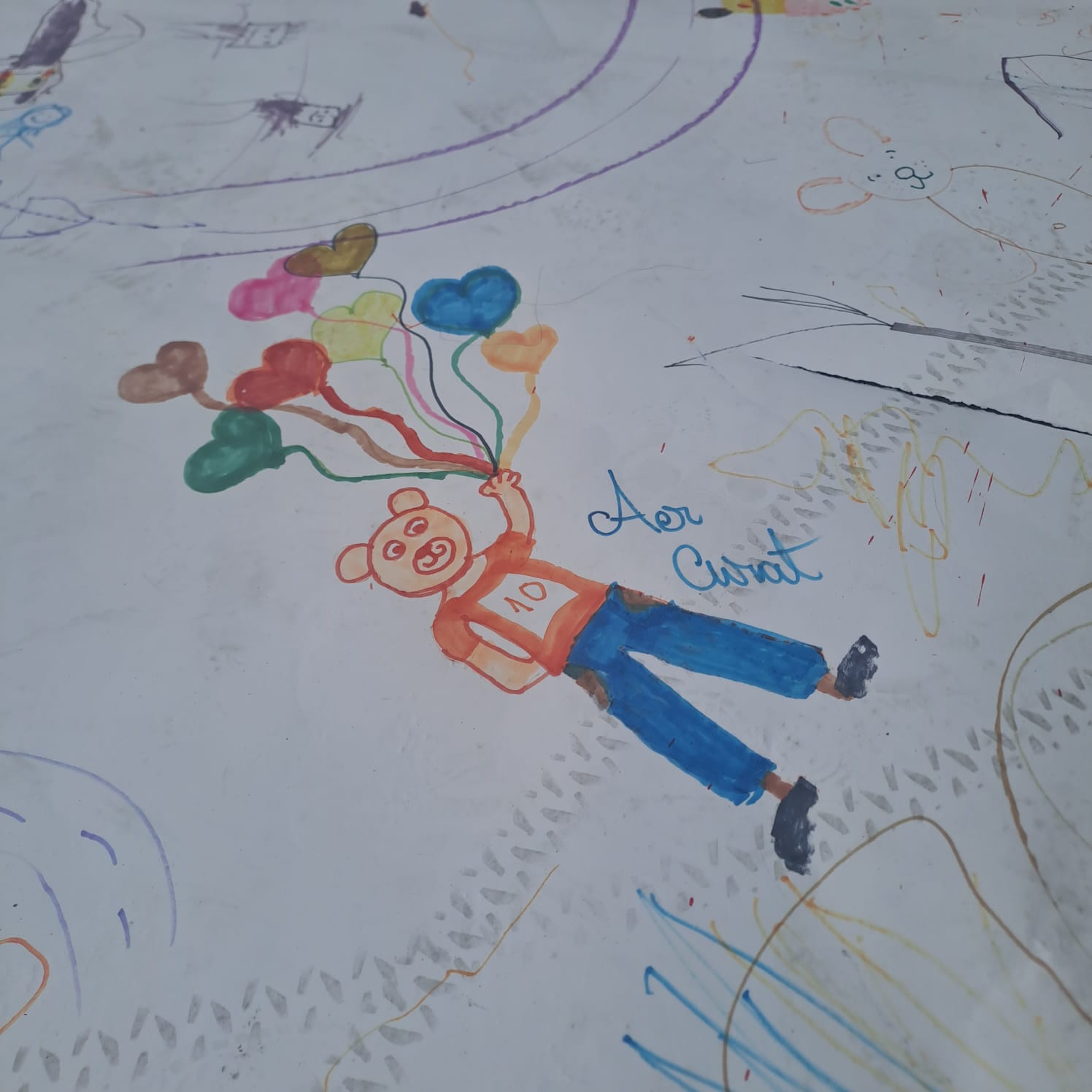One of the trickiest bits of this transitory phase I'm moving through has been learning to tune into what my body is signaling. Let me tell you, it's a motherf-er and it certainly does your head in.
I don't know (yet) how to stand in this existing, prolonged tension of knowing and not knowing what comes next. The trouble with paying attention to and understanding (as much as you can) what is happening is that you wish somebody also gave you a map to how and what you ought to do next, except they don't.
From my experience so far, the body will issue warnings, signals. What I do with them is... quite obviously, entirely up to me.
What surprises me often is my natural impulse to push things down, and how easy it comes to deny or repress the things coming up naturally. My thoughts will drift, and I'll bark inward "we're focusing on something else now". My body will hurt, and I'll do my best to "pull myself together".
Except, what if there's more value in seeing how you fall apart?

Like, what directions am I going in? What's the color of these emotions I keep coming back to? How do I make sense of this life that I am living so that my body won't hurt, and my heart will keep a steady pace? So that my stomach won't scream bloody murder?
I try not to overanalyze. Famously, sometimes a cigar is just a cigar, but often it's more than just that, and it's tremendously frustrating. To have to sit with the simplest things, like heartburn, constipation, breakouts, rapid heartrate, or even just the occasional knotted muscle, and unpack it.
What does this mean? What's happening?
The instinct, or rather, the social expectation is to just push it down, take a pill, make it better, pull through. So what if this or that is bothering you? You didn't die, did you? Toughen up.
Or perhaps don't. It's often, sadly, the people who "toughen up" who do die from it eventually.
I'm trying to be more attuned to what is happening with my body, and what it's saying. It's not always comfortable or convenient to take the time and the energy to trace down why something feels wrong.
Especially when I could just overlook it.
Most things don't feel that wrong to put you out of commission entirely, you know? Just moderately inconvenient. And in a society that, for centuries, has told us to bottle up all these minor inconveniences to not compromise productivity, there's a lot of shame tied to instead listening to these signals, and perhaps yes, even letting them put you out of capacity for a minute.
In our society, we've somehow built this insane notion that you should grit your teeth and only step aside from the flow of life when things get really, properly bad. Nobody asks someone with terminal cancer why they take a day off work. But what if, ten years ago, twenty-five years ago, they'd taken that day off, sat with the anxiety and frustration and rage and sorrow and guilt and all those nasty, toxic things we bury deep within ourselves that end up poisoning us from within? What if they didn't need to take a day off now, you know?
It's worth asking, and sadly, we can't really know.
I ask, what is going on? And why?
And my body implicitly knows and tells me.
However, there are caveats.
For one, it doesn't structure the "ill" into neat, easily understandable sentences.
For another, it doesn't muck about. It's not just informing me intellectually of a wrong. It's saying look here, motherf-er, you either do something about this or we both go down. (Vastly unpleasant. We've long ago normalized sitting inside these wrongs without doing much about them.)
It also doesn't give notice. The body doesn't care what I'm doing next Wednesday. If it perceives an ill, it doesn't wait around until it's convenient to signal it; it just rings the alarm.
Now, of course, there's different kinds of alarms. I may well, depending on convenience and prior engagements, choose to overlook the first alarm. And the second. I try to keep very mindful of that. When they come, I try to count back to all the times they came before. Count myself another one down.
How many more alarms can I afford to ignore and thus squander, before the final toll?
